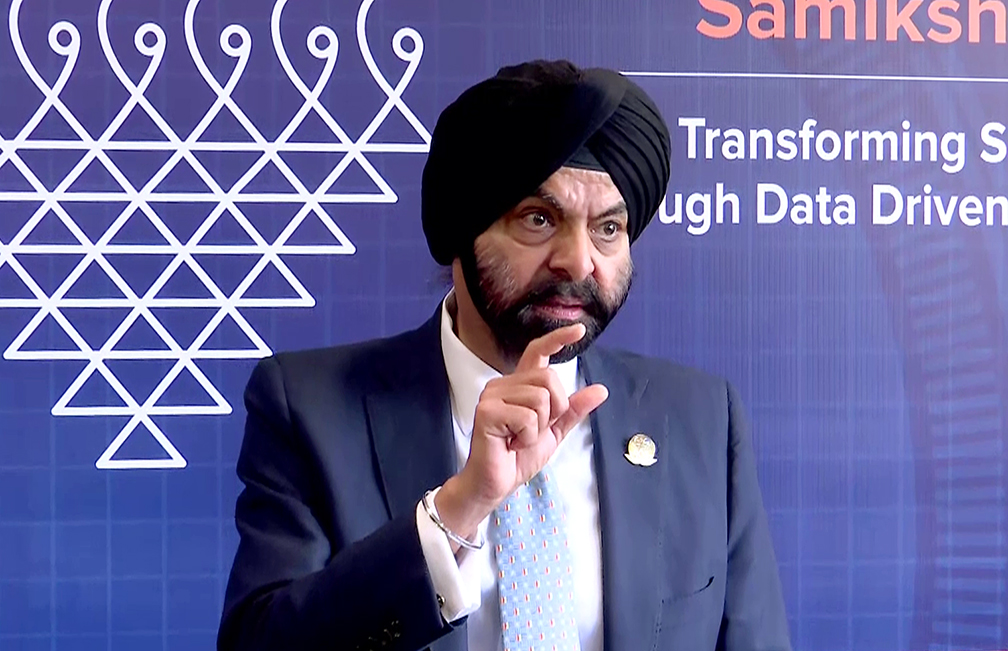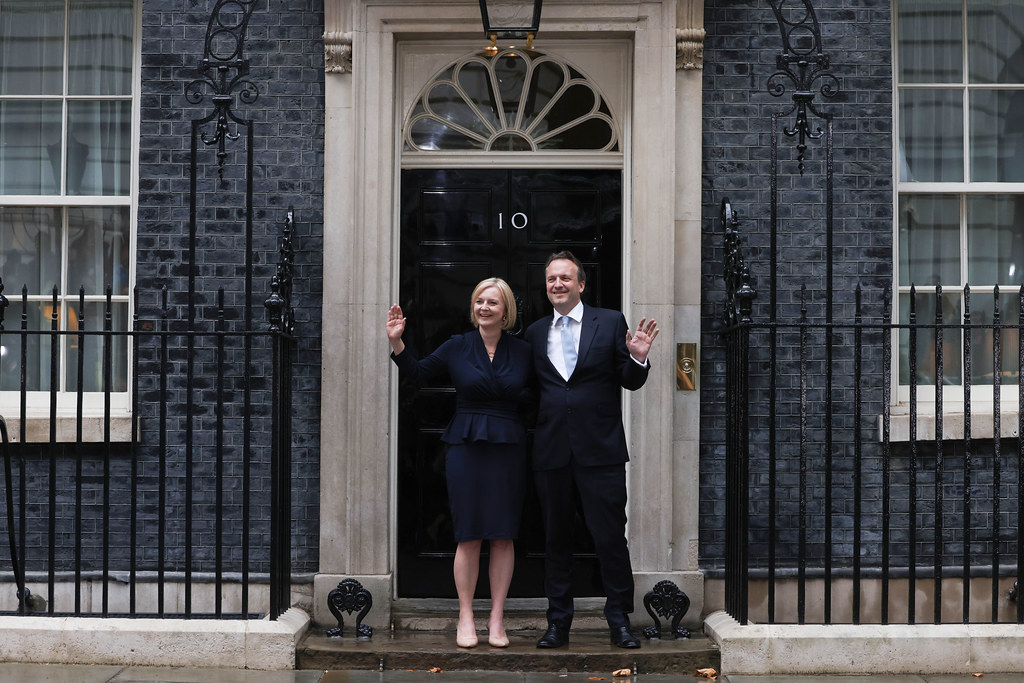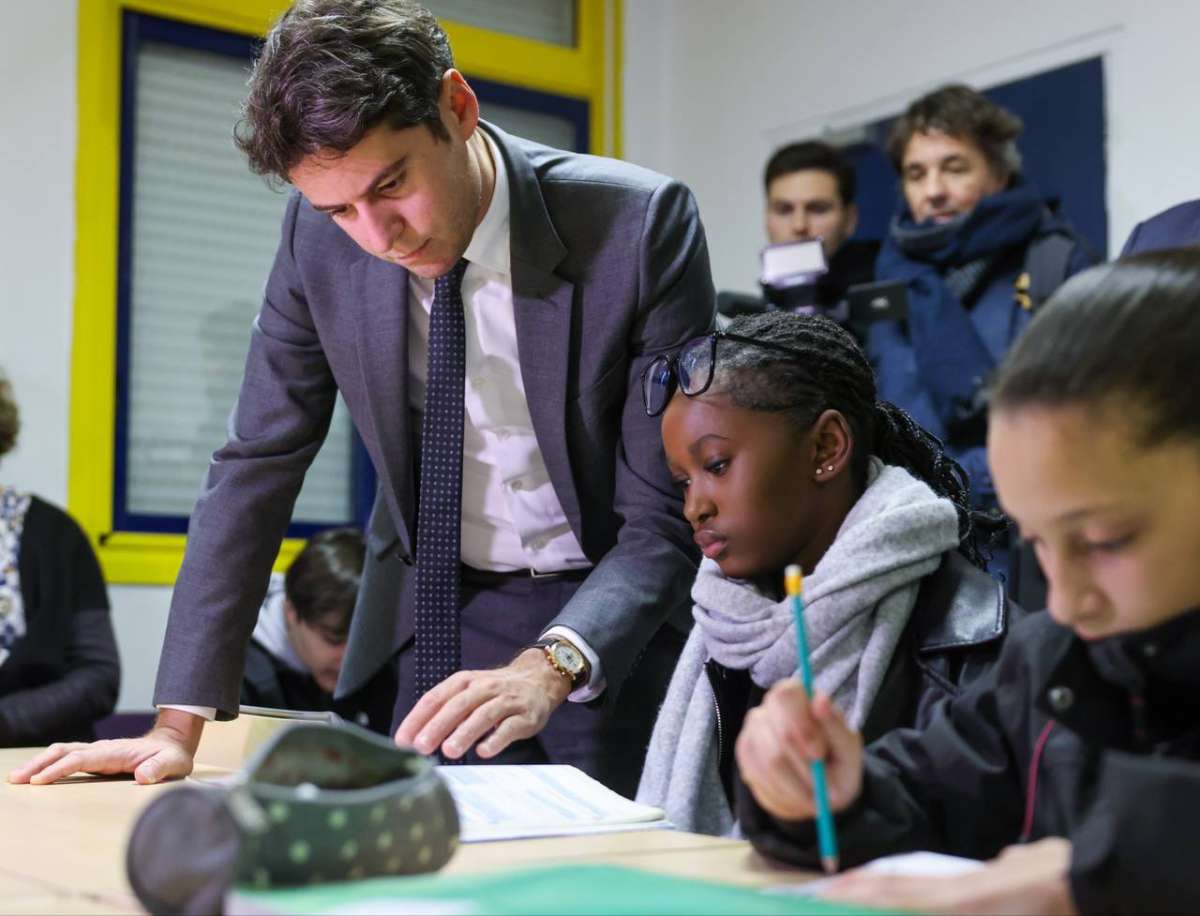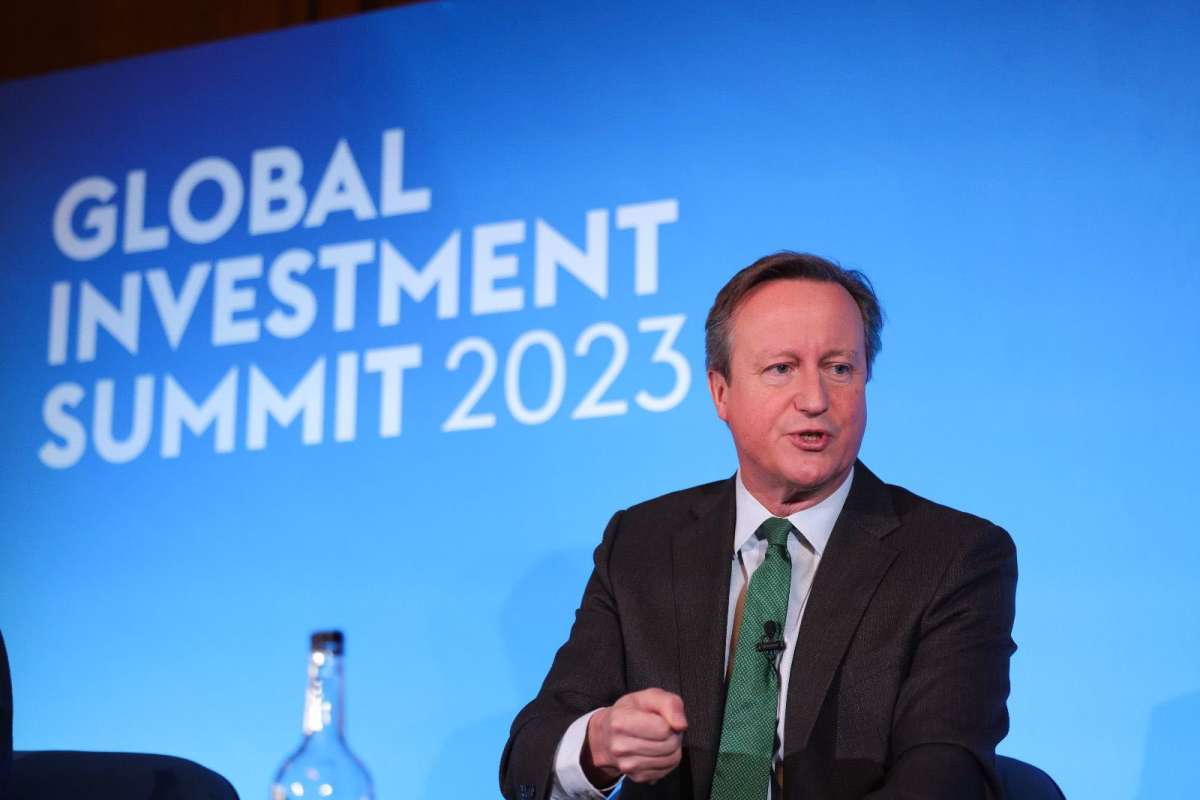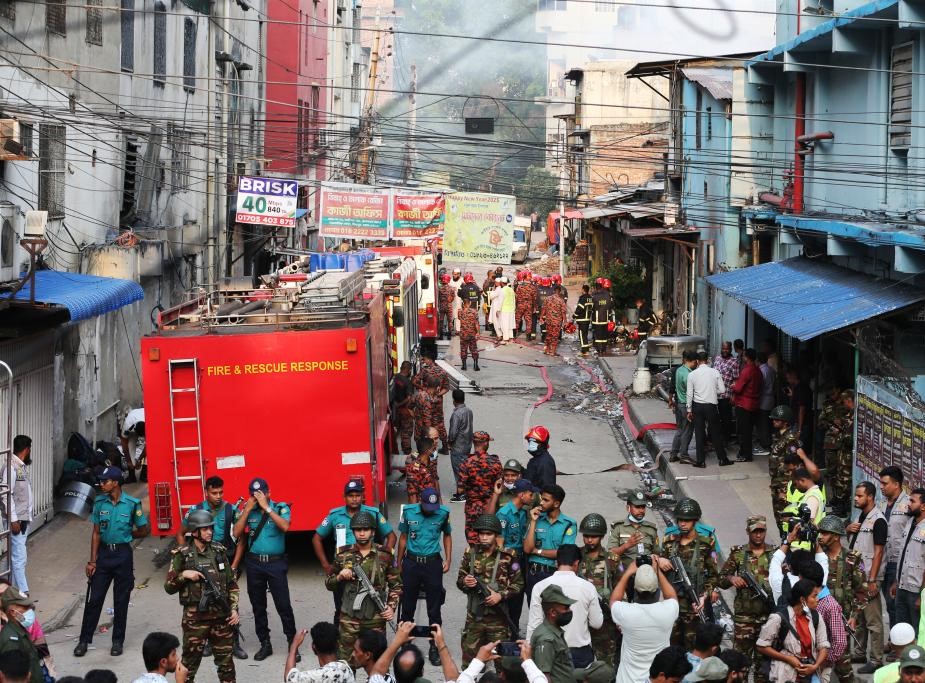The report signals that without significant reforms, the 2020s could be marked as a decade of missed opportunities…reports Asian Lite News
The global economy is hurtling towards its weakest half-decade performance in 30 years, according to the latest Global Economic Prospects report from the World Bank.
Despite the receding risk of a global recession, geopolitical tensions and a gloomy medium-term outlook for many developing economies loom large.
Global growth is projected to decelerate for the third consecutive year, dropping from 2.6 per cent in the previous year to 2.4 per cent in 2024. Developing economies are expected to fare even worse, with a growth rate of just 3.9 per cent, over one percentage point below the previous decade’s average.
The report signals that without significant reforms, the 2020s could be marked as a decade of missed opportunities.
The World Bank’s Chief Economist and Senior Vice President, Indermit Gill, urged governments to take decisive action, stating, “Without a major course correction, the 2020s will go down as a decade of wasted opportunity. Near-term growth will remain weak, leaving many developing countries–especially the poorest–stuck in a trap: paralysing levels of debt and tenuous access to food for nearly one out of every three people.
Gill added, “That would obstruct progress on many global priorities. Opportunities still exist to turn the tide. This report offers a clear way forward; it spells out the transformation that can be achieved if governments act now to accelerate investment and strengthen fiscal policy frameworks.”
The report calls for reforms to boost investment and strengthen fiscal policy frameworks to avoid wasting the decade. Developing countries need to deliver a substantial increase in investment–around USD 2.4 trillion per year–to tackle climate change and achieve key global development goals by 2030.
The analysis recommends accelerating per capita investment growth to at least 4 per cent and sustaining it for six years or more. This could lead to a transformative economic windfall, speeding up convergence with advanced-economy income levels, reducing poverty rates, and quadrupling productivity growth.
Ayhan Kose, Deputy Chief Economist at the World Bank, emphasized, “Investment booms have the potential to transform developing economies and help them speed up the energy transition and achieve a wide variety of development objectives.”
The report identifies comprehensive policy packages, including improvements in fiscal and monetary frameworks, expanded cross-border trade and financial flows, enhanced investment climate, and strengthened institutions, as key catalysts for investment booms.
Furthermore, the report addresses the boom-and-bust cycles, particularly affecting commodity-exporting developing economies.
Governments in these nations often adopt fiscal policies that intensify economic swings, leading to chronic drag on growth prospects.
The report recommends fiscal frameworks to discipline government spending, flexible exchange-rate regimes, and avoiding restrictions on the movement of international capital to mitigate these challenges.
The World Bank’s report outlines a roadmap for developing economies to navigate the current economic challenges, providing insights for policymakers and global leaders to drive transformative change. (ANI)


